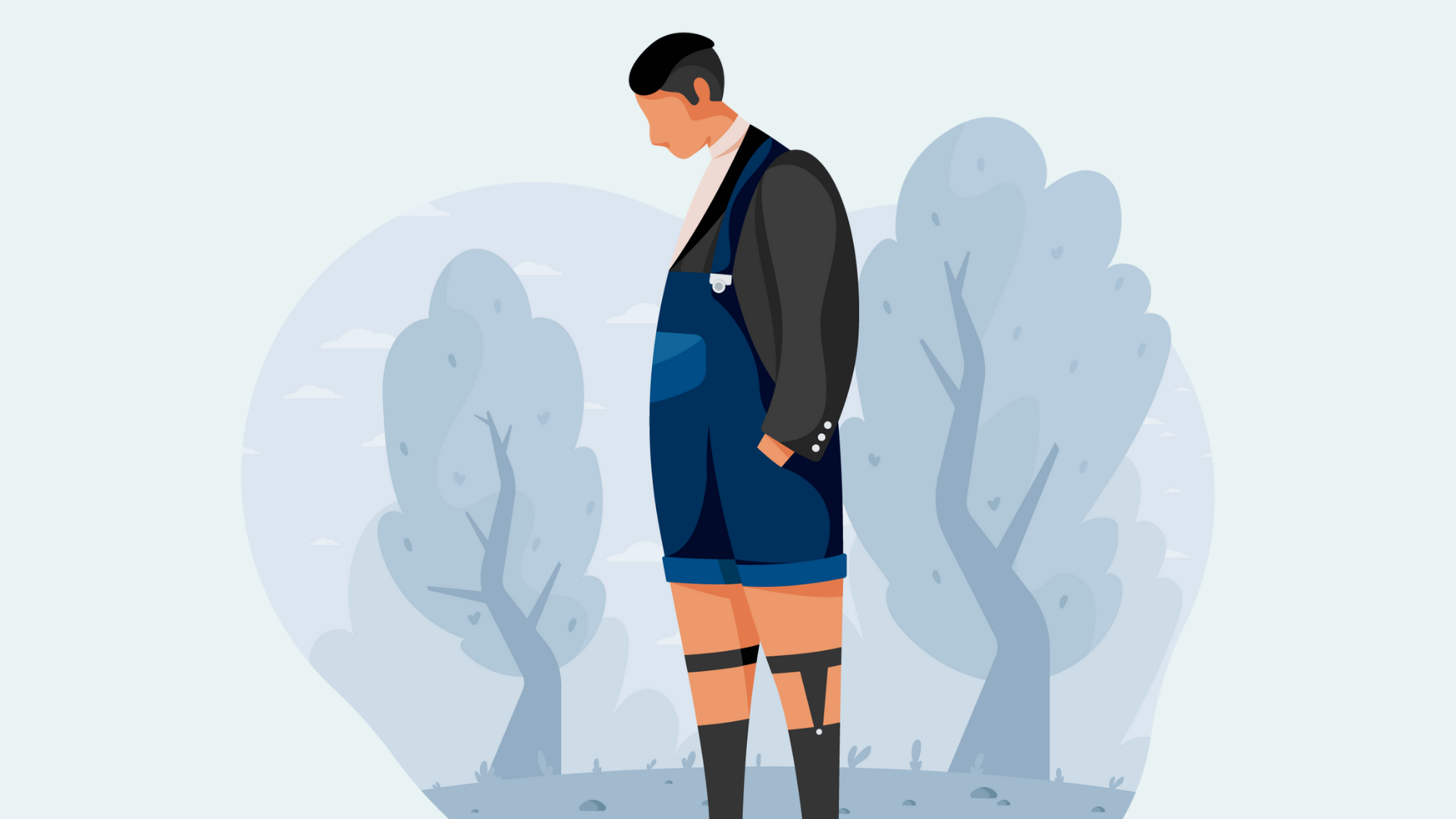The situation in Ukraine is impacting the lives of many inside and outside the country. The inconceivable and turbulent state the world is in now, can cause feelings of stress, anxiety, sadness, anger, despair, and grief. Maybe you are feeling all of it at once and have a hard time coping with that, maybe your loved ones are in despair and you are seeking ways to support them.
Psychologist Pia Linden explains how you can emotionally deal with the situation and additional thoughts and feelings.
Coping with your thoughts and feelings
It’s good to realize that everyone has a different response in challenging times. Not everybody feels the same feelings. Some people feel more affected than others. Some people have a harder time letting go of their thoughts and feelings.
If you find it difficult to focus on your tasks, get to sleep, or manage your thoughts and emotions, know that this is all very normal. Pia shares things you can do for yourself and for others.
Take care of yourself
“Remember that in the airplane you have to put on your oxygen mask first before you help others? In turbulent times, the best thing to do is exactly that: take care of yourself first”, tells Pia. Selfcare is the first step to supporting others.
“This might seem “selfish” or counterintuitive because others are in more danger than you are, and you might feel the urge to help. But it is important to remember that to support others you need to be fine yourself first,” the psychologist explains.
“Try to eat healthy (even when you’re not that hungry), get some exercise, and try to avoid alcohol. Also, to get enough rest. Especially when you have a hard time sleeping well. When resting or relaxing seems difficult or when your thoughts are running wild, try to listen to an audiobook or podcast, put on some calming music, or watch a movie that makes you feel better.”
Focus on the things you can control
“Yes, you care for the people that are in danger and yes, you worry about the situation. But if you notice that this is making you feel upset and impacts your well-being negatively, then it is good to re-focus on the things you can control”, Pia says.
As much as you care and worry, in the end we alone do not have the power to solve the situation. What you can control are your own words and actions, such as taking care of your well-being and supporting others in need.
“In psychology, we call this the ‘circle of control’”, she continues. “In challenging and uncertain situations, try to maximize the time you spend in your circle of control and minimize the time you spend worrying about things you don’t have an influence on.”
Restrict your news intake
“When the Coronavirus entered our world in 2020, many studies pointed out that your news intake has a negative influence on your thoughts and emotions and increases anxiety”, Pia explains. Of course, that’s no different now.
Pia: “Try to control the amount of news you consume. It’s understandable that you want to know what’s going on, but try to limit yourself and check the news once or twice a day. Also, stick to one newspaper or news website that you trust, instead of checking all sorts of media.”
When you feel highly anxious or upset, another idea is to check the news for children to stay up to date, but have a filtered intake of the things that are going on.
Let your feelings out
“Talking about your feelings and thoughts helps you to relieve stress. It makes you realize that others may share your feelings”, says Pia. “Open up about how the situation makes you feel. There’s a lot of conversation about the situation but less about how we feel about it.”
Next to that, remember that you are allowed to let those emotions come out. “When you are worried something might happen to your loved ones it can be hard to come back to yourself. It’s a difficult and challenging situation that asks a lot of people and it is natural to feel overwhelmed.
Crying, screaming into your pillow, or doing some sports can be ways to release some of these emotions. But at the same time, try to keep it in balance and try not to get too caught up into those thoughts and feelings. Come back to that circle of control and focus on what you can do instead.”
Emotionally supporting others
“In the first place, the best way to help others is to stay calm. But of course, that can be hard”, explains Pia. “Especially when you are closely connected to the situation in Ukraine and maybe have friends or relatives who live there.” How can you still support others?
Have empathy and compassion
“It is an inherent trait of human beings to feel empathy for the suffering of others. Empathy means to understand and feel for others who are suffering”, Pia says. “However, it is important to say that in order to empathize with others we do not have to feel the same pain as they do. You don’t have to mirror people in their suffering,” the psychologist continues.
“It might be more helpful for your well-being to cultivate compassion instead. Compassion means recognising the suffering of others but maintaining a healthy distance as well. In a compassionate approach we also acknowledge that our empathy comes from a place of caring and good wishes for the well-being and safety of others.”
Take small actions
“You can also try to take small, helpful actions, such as opening up the conversation about it with friends, posting something about it on social media, or donating some money you can miss to NGO’s that help people in Ukraine.”
Simply helping somebody, even if it’s just one person or a small gesture, can make you feel better. It’s called the helper’s high. Pia: “Rather do something small that is in your control than worry about the things that are not. If you know someone that is affected by it or is feeling very emotional, offer your support. Let them know that you are there if they need you or show up to give them a hug or cook their favorite dish.”





